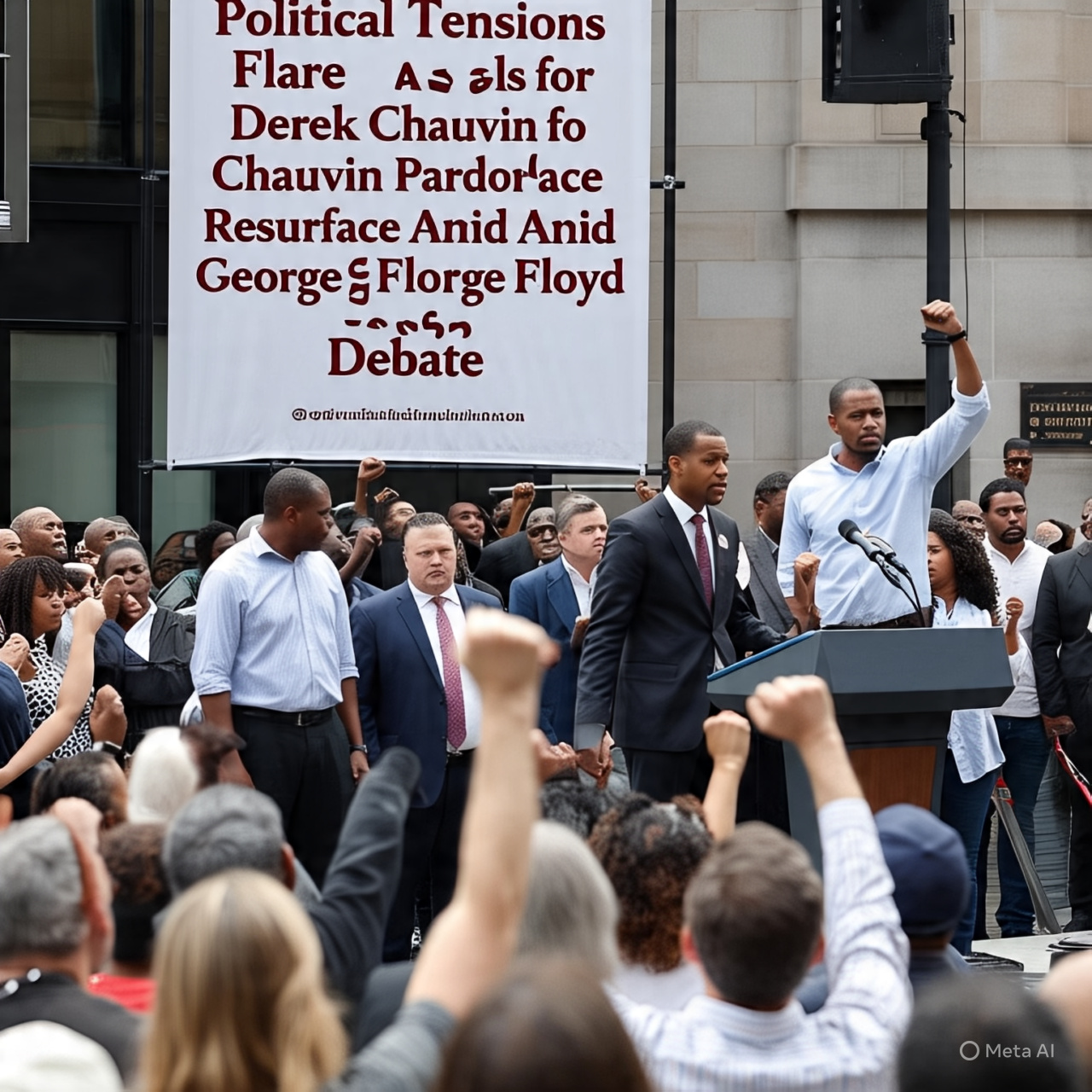Speculation Rises Over Political Motives as Derek Chauvin Pardon Push Gains Momentum
In recent developments, Representative Marjorie Taylor Greene has publicly supported calls for former President Donald Trump to pardon Derek Chauvin, the ex-Minneapolis police officer convicted of murdering George Floyd in 2020. Greene claims Floyd died from a drug overdose, contradicting the Minnesota medical examiner’s official ruling which concluded that Floyd died as a result of Chauvin kneeling on his neck for over nine minutes—a moment seen worldwide in a viral video sparking mass protests. (The Daily Beast)
Greene’s stance aligns with some right-wing figures who argue that Chauvin was wrongfully convicted, referencing Floyd’s toxicology report. However, the official autopsy concluded that Floyd died from “cardiopulmonary arrest” due to “law enforcement subdual, restraint, and neck compression,” and classified his death as a homicide. (The Daily Beast, The New Yorker)
Medical experts have testified that Floyd died from a lack of oxygen during his arrest, contradicting the defense’s claim that fentanyl caused his death. (BBC)
Chauvin is currently serving concurrent state and federal sentences of 22.5 years and 21 years, respectively. Even if Trump issued a federal pardon, Chauvin would still serve time under state charges, as noted by Minnesota Governor Tim Walz. (The Daily Beast)
The push for a pardon has sparked renewed debate over the circumstances of Floyd’s death and the motivations behind revisiting the case. Some speculate that efforts to reframe the narrative may be politically motivated, aiming to influence public perception ahead of upcoming elections.
As discussions continue, the case remains a focal point in the broader conversation about systemic racism, police accountability, and the politicization of high-profile criminal cases.

